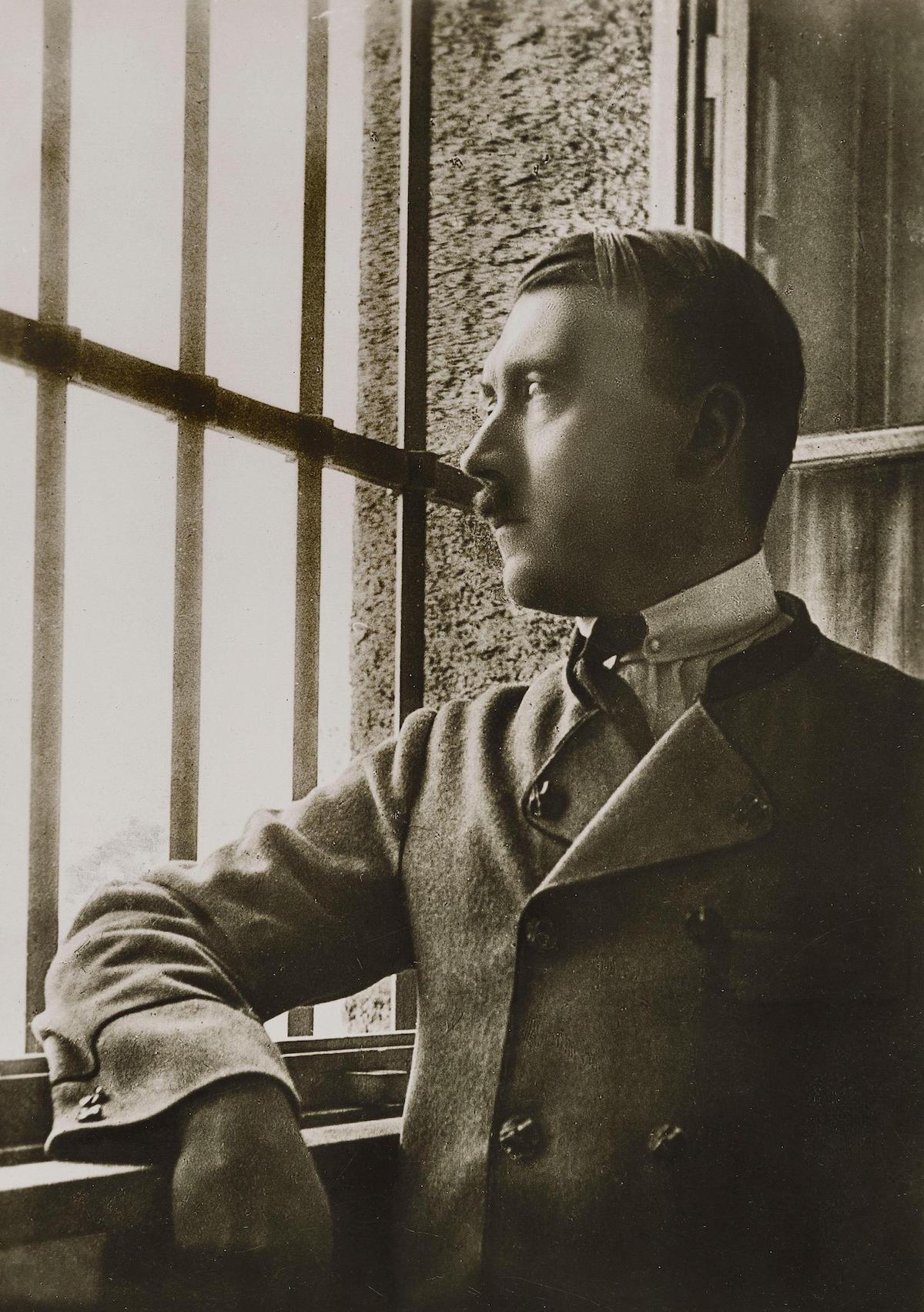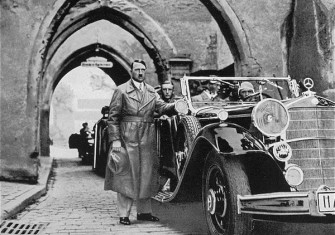The Beer Hall Putsch: What Hitler Learnt
In the aftermath of the Munich Beer Hall Putsch of November 1923, Hitler was in prison and the Nazi Party banned. But its failure taught him valuable lessons.

On 8 November 1923, Adolf Hitler, leader of the National Socialist German Workers Party, attempted to take control of the Bavarian state government. It was his movement’s first step towards seizing power and destroying the democratic Weimar Republic. But it did not go as planned.
The ‘Beer Hall Putsch’ is defined by its failure. Academic studies tend to look at how, and why, the putschists failed in their primary objective: securing the full support of political, military and police forces in Bavaria before marching on Berlin to establish a national government. Scholarly works describe the putsch as a ‘miserable failure’, a ‘fiasco’, a ‘farce’, a ‘debacle’, a ‘decisive defeat’, a ‘botched’, ‘ill-fated’ and ‘foolhardy venture’. Yet, despite this catastrophic setback, within ten years Hitler would be chancellor of Germany.







